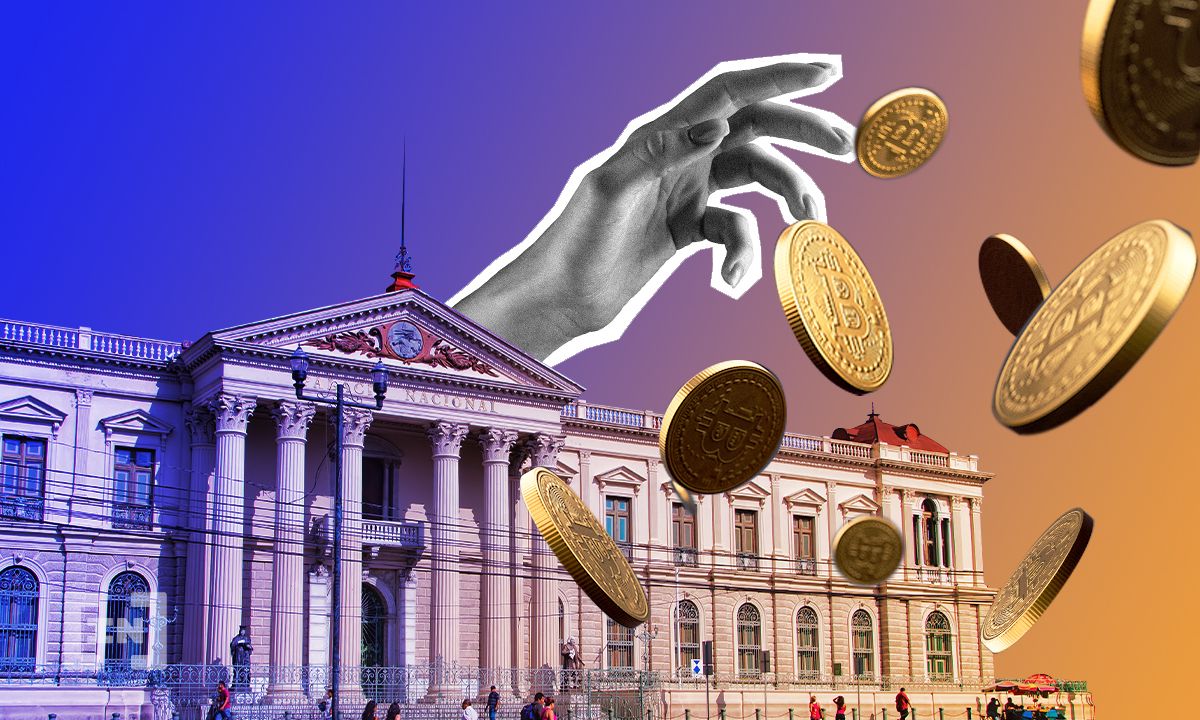By adopting Bitcoin as legal tender, El Salvador is setting an example that could be followed by other Central American countries.
Specifically, these countries are waiting to see if the adoption of bitcoin as legal tender cuts the cost of remittances. Notably, a recent report from Bank of America anticipates that this will be just the case. “If the cost of remittances drops substantially… other countries will probably seek that advantage and adopt it,” said Dante Mossi, the executive president of the Central American Bank for Economic Integration (CABEI).
According to the regional developmental bank, remittances are an important source of income for millions of people. Many in the region lacking access to bank accounts or credit cards rely on money sent home from relatives abroad. Mossi called the plan an “out of this world experiment” to increase financial inclusion.
CABEI support
As the regional development bank, CABEI is providing El Salvador technical assistance on implementing the cryptocurrency. Notably, this kind of assistance had not been offered by the World Bank, which cited environmental and transparency drawbacks.
CABEI added that it had a “fiduciary obligation” to provide this help, as it could also potentially benefit other countries in the region. Mossi said this was because the Central American nations that receive the most remittances are those most likely to favor using bitcoin. “Guatemala, Honduras and El Salvador are the countries that would have the most to gain if the adoption of bitcoin lowered the cost of sending remittances,” Mossi said.
Crypto remittances
Currently, the volume of global cross-border remittances in crypto stands at 1%, according to Autonomous Research. However, crypto is soon expected to account for a larger slice of the over $500 billion in annual global remittances.
Latin America’s largest crypto platform Bitso reported processing about $1.2 billion in remittances last year. This amounted to 2.5% to 3% of the yearly remittances’ volume between the U.S. and Mexico. Meanwhile, crypto adoption is also increasing in emerging markets, such as Indian and Vietnam, where remittance is also prevalent.
Disclaimer
In adherence to the Trust Project guidelines, BeInCrypto is committed to unbiased, transparent reporting. This news article aims to provide accurate, timely information. However, readers are advised to verify facts independently and consult with a professional before making any decisions based on this content. Please note that our Terms and Conditions, Privacy Policy, and Disclaimers have been updated.


